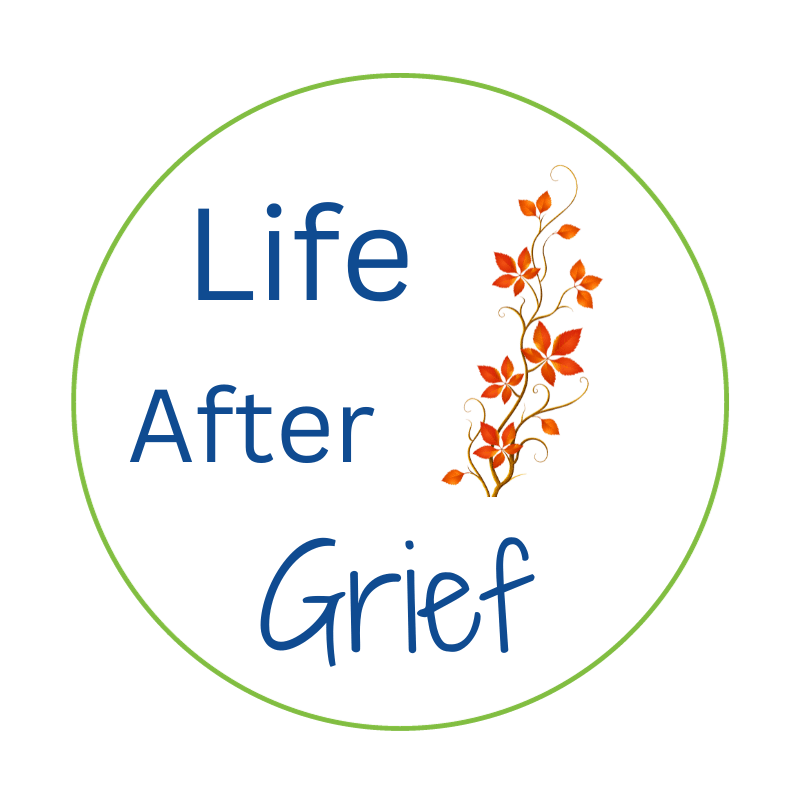
Hi,
Is it OK to grieve a non-death loss?
Is bereavement more worthy of grieving?
Should the amount of time you are allowed to grieve be determined by the kind of loss you experienced?
**********
A friend going through a bad divorce after David, my husband, died, said, “I have no right to complain because your loss is so much worse than mine.”
I responded, “Not for you!” Grief is grief.
**********
What are non-death losses? In fact, most of us experience these kinds of losses more often than bereavement.
A non-death loss is anything EXCEPT bereavement (loss of a human loved one). This article from Psychology Today, Grieving When No One Has Died discusses the tangible and intangible effects of non-death losses.
Tangible losses have a physical, visible or material quality
Intangible losses are psychological, symbolic or abstract in nature
Including Job Loss. Illness or Injury. Caregiving. Aging. Death of a Pet. Moving. Relationship Breakdowns. Medical Bills. Fear for the Future.
**********
Each of these are grief experiences but we don’t acknowledge them as valid reasons to grieve. Nobody does. This prevents someone grieving a non-death loss from getting the support they need. It also keeps their community from showing compassion and offering help for as long as necessary.
**********
Let’s talk about JOB LOSS, a non-death loss with significant negative consequences - According to a recent report by Challenger, Gray & Christmas, cited by Forbes, in January 2024, in one of the largest layoff months in close to 15 years, 82,307 people were let go from their jobs.
in January 2023, it was even worse - 102,943 people were let go.
January 2024 Layoffs by Sector:
Financial 23,238
Technology 15,806
Food Production 6,656
Retail 5,364
Reasons Given for Staffing Changes:
Restructuring
Closing
Market Conditions
Cost-cutting
**********
When a person loses their job, it leads to tangible and intangible effects which can impact every aspect of their life.
Inability to get another job quickly
Mental and physical health challenges
Loss of identity and confidence
Financial insecurity & family stress
Misunderstandings and relationships divided
Ask Me How I Know
Caregiving for my 100-year-old Mother-in-law and 500+ artworks
My artist husband left me over 500 artworks and his mom to take care of when he died in 2016. Both the caregiving and art are bittersweet with grief and joy for me.
Since there is no other family here, I am David’s mom’s primary caregiver (for the last 7+ years). I love her dearly, manage everything, never get a break and am not meant to complain.
My practical (tangible) responsibilities include:
paying her rent & bills (after she was 3 days from being evicted)
managing other caregiver(s) & physical therapist pay and schedule
grocery shopping & buying things she asks for (like a heating blanket)
cleaning the apartment, including commode, and doing dishes
taking her to doctor/dental appointments & for mani/pedi and haircuts
giving her meals, helping her shower & change into clean clothes
my days are Tuesday, Thursday & Sunday, Mary covers 4 days
My emotional (intangible) responsibilities include:
being patient and staying calm when she gets grumpy or angry
comforting her when she realizes she is the last of her generation
easing her distress as her body breaks down & she can do less
grounding her when she forgets where she is & gets scared
showing up consistently even when I don’t feel like it
As for the artworks, David was excited to leave me so much that I could sell to live on, except:
I was unable to sell much (too sad) for at least 5 years
I was torn, not wanting the rest of my life to be consumed by his work
Until I cleared his studio, I was paying 2 NYC rents when I could barely get out of bed
He never discarded anything so I was left to cull what I didn’t want to keep and couldn’t sell, feeling guilty all the while
I had to move everything from his studio to our apartment & 500+ artworks left me no room to breathe
Giving & Getting Support After a Non-death Loss
Giving Support After a Non-death Loss
Acknowledge that the person grieving has suffered a loss
Observe how that loss is affecting them & think about how to help
Trust them & believe in their capacity to be resilient & resourceful
Getting Support After a Non-death Loss
Remember your loss does not define you & you have a right to grieve
Get clear about what kinds of support you need and ask specifically
Surround yourself with people who believe in and will stand for you
This newsletter issue, Is It OK to Grieve When Nobody Died? talked about giving yourself permission to grieve the non-death losses too. If you are looking for grief resilience support for your situation, I can help.
The 5-step Heartbreak to Hope Blueprint offers personalized strategies to re-engage, reconnect, reinvent, rebuild and reset your path forward.
Schedule a complimentary Grief Resilience Assessment with me at https://thebadwidow.com/ConnectWithAlison and find out more.

